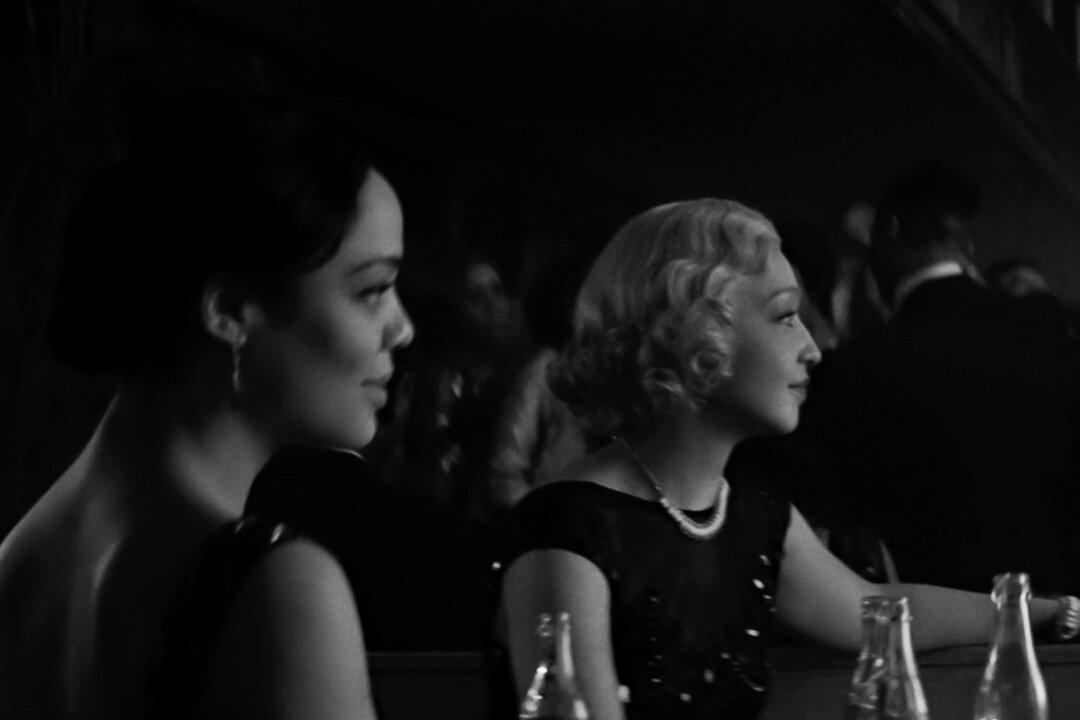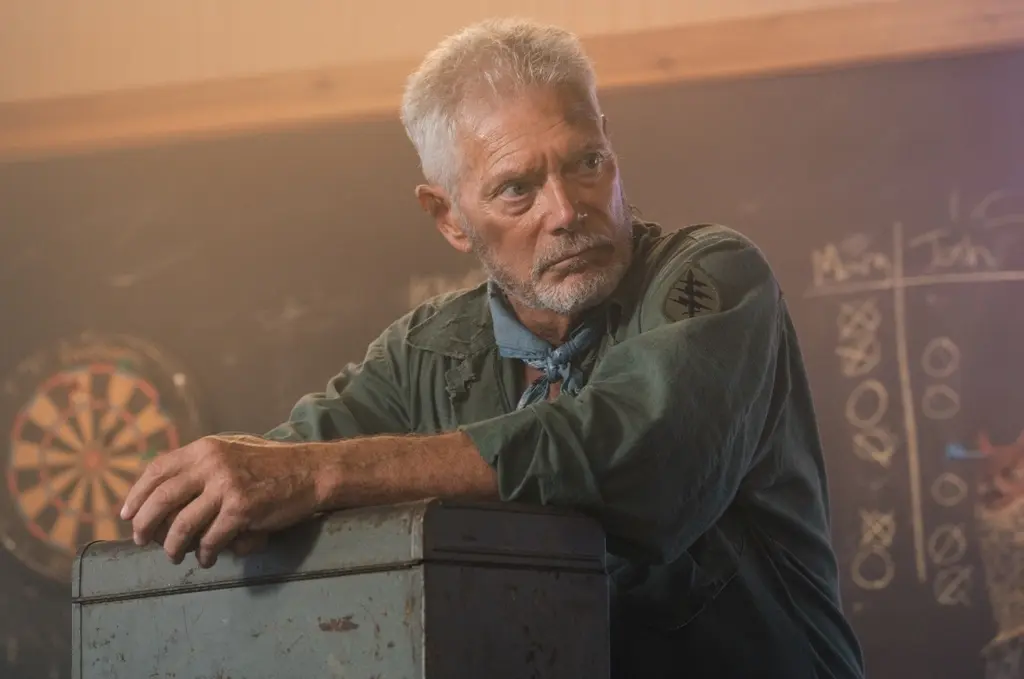PG-13 | 1h 38min | Drama, Mystery | 27 October 2021 (USA)
For her feature filmmaking debut, English actress Rebecca Hall (“Vicky Cristina Barcelona,” “The Gift,” “Christine,” “The Night House”) chose to adapt “Passing,” the second and final novel by Nella Larsen, published in 1929. A mostly-overlooked tragedy, it is vast in symbolism with the same concise, poetic brevity of Hemingway and Shakespearean in its range, social commentary, and narrative breadth.






